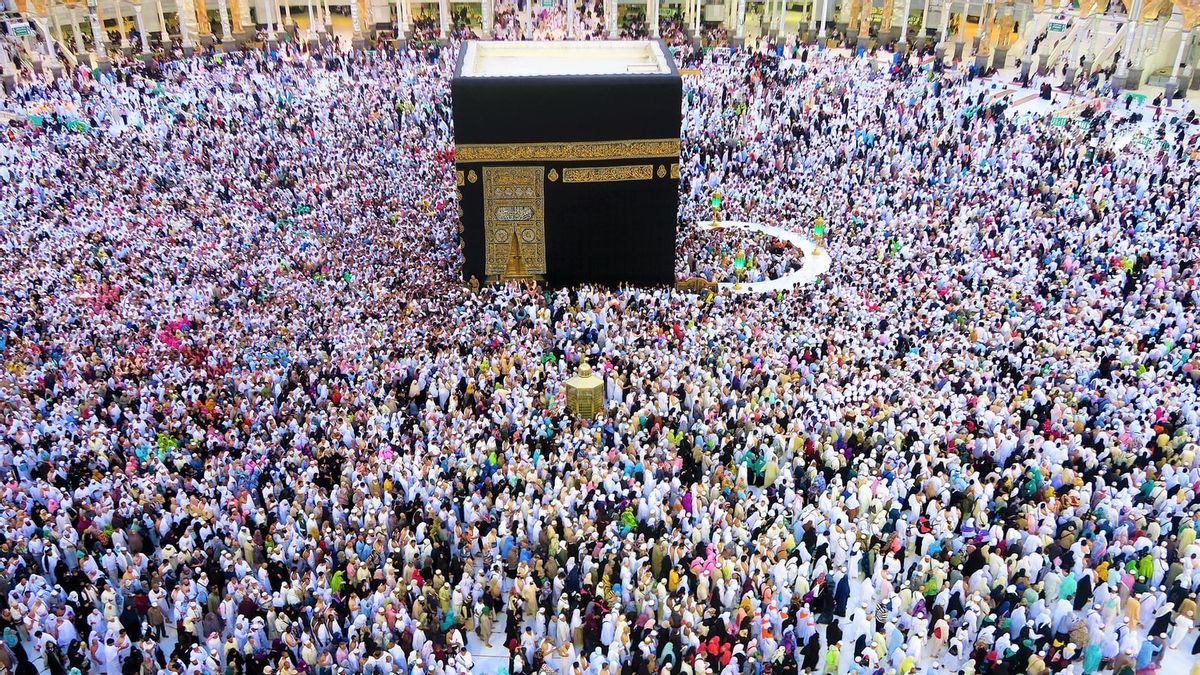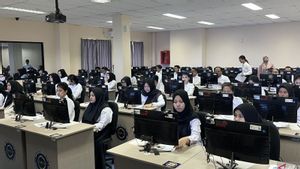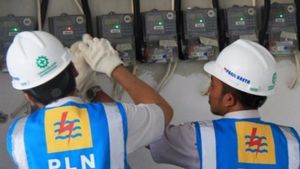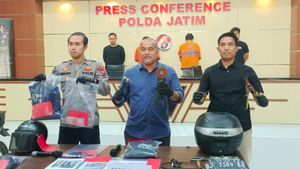JAKARTA - It is important to conduct health observations on pilgrims arriving in the country. Observation is not only to anticipate the risk of COVID-19, but also other diseases.
Epidemiologist from Australia's Griffith University Dicky Budiman said it was important to anticipate not only COVID-19, but also other diseases such as meningitis, MERS and other respiratory diseases.
"This is actually a post-hajj detection pattern that has actually been around for a long time and is now being strengthened," said Dicky as quoted by Antara, Friday, July 15.
For those who do not have symptoms and do not have group members who have tested positive for COVID-19, he suggested that observations can be made about six hours before finally being able to go home.
"At least we can see because BA.4 and BA.5, for example, do have a relatively short incubation period. In one day it can happen, this means that six hours is relatively adequate," he said.
However, a different scenario needs to be applied if returning pilgrims show symptoms and there are positive COVID-19 patients in a group or plane.
For this scenario, a longer observation period is needed, especially in vulnerable groups, such as individuals who have comorbidities or congenital diseases.
Previously, the Head of the Hajj Health Center at the Ministry of Health, Budi Sylvana, in a press conference on Thursday (15/7) asked for the active role of hajj pilgrims to monitor their health conditions independently for three weeks after arriving in Indonesia.
Pilgrims will receive a Hajj Jamaat Health Alert Card (K3JH) and if they experience health complaints, they can immediately check with a health facility while carrying the card.
The English, Chinese, Japanese, Arabic, and French versions are automatically generated by the AI. So there may still be inaccuracies in translating, please always see Indonesian as our main language. (system supported by DigitalSiber.id)










